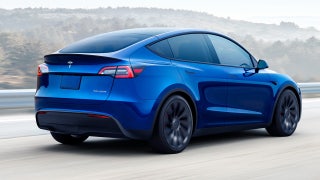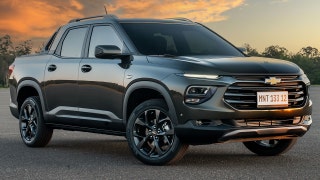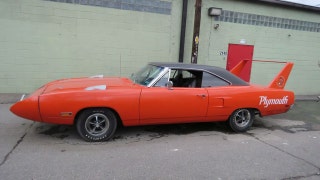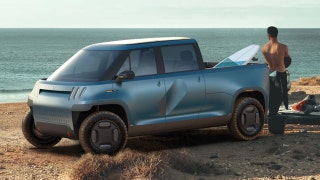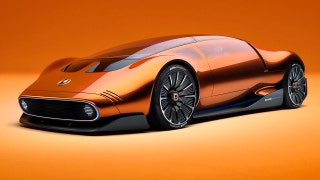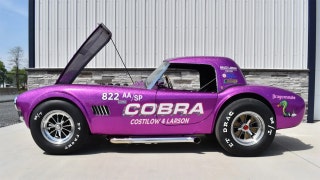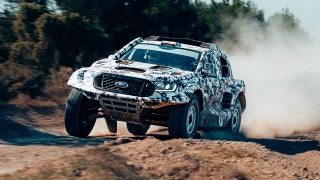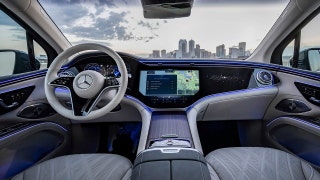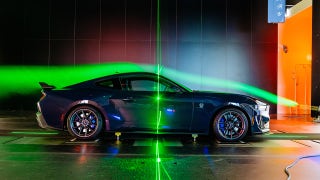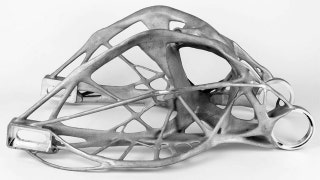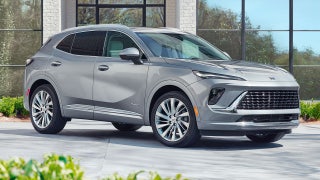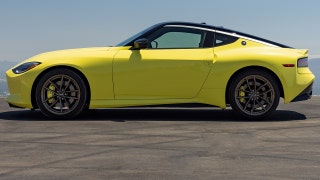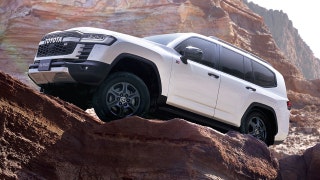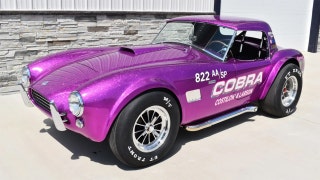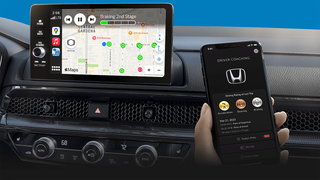Fox News Autos Test Drive: 2021 Toyota Rav4 Prime
The 2021 Toyota Rav4 Prime is the first plug-in hybrid version of the compact SUV and Fox News Autos Editor Gary Gastelu says it may be the best of the bunch.
Toyota is tipping its toes back into the electric car space.
The automaker, which dominates the hybrid scene, has announced plans to introduce two full-electric models and a new plug-in hybrid that provides enough electric range for an average commute in the U.S. this year.
It already offers two of the latter, the Prius and Rav4 Prime, and hasn’t yet said what form the new one will take. (I’m putting my money on the Highlander, but we’ll see!)
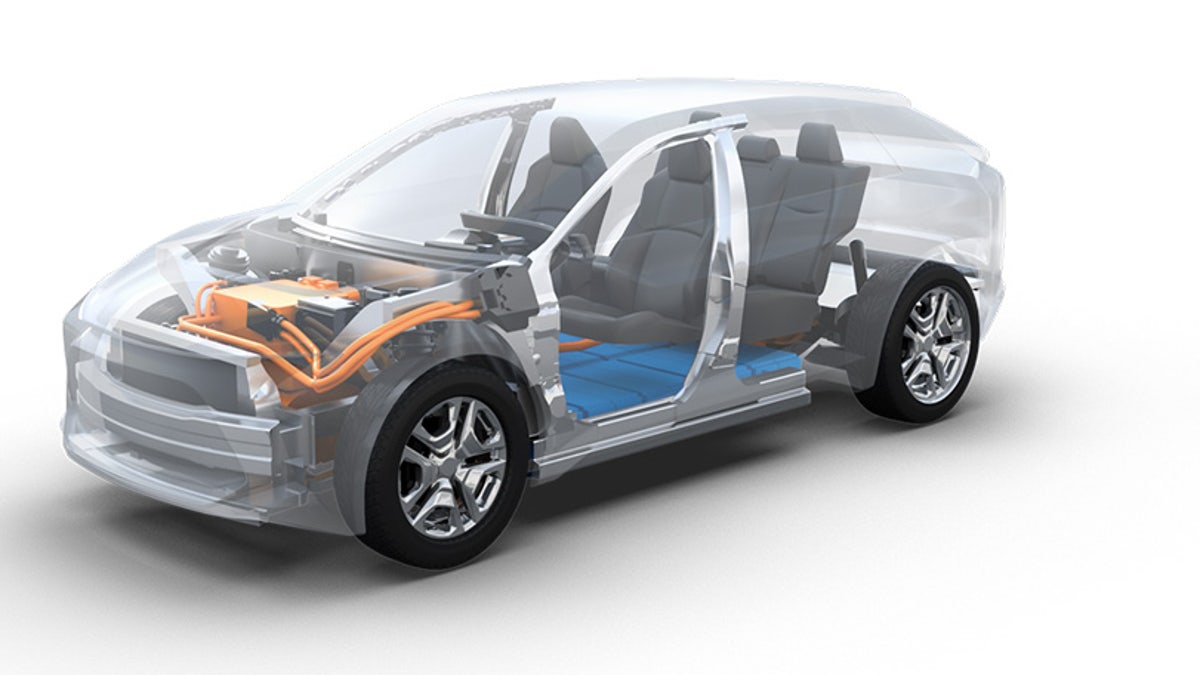
(Toyota)
One of the electrics is also a mystery, but the other will be an SUV. It’s likely to be the same one Toyota is introducing in Europe and teased with an X-ray image showing its drivetrain layout. Toyota hasn’t sold a pure battery-powered electric model in the U.S. since the limited availability Rav4 EV was discontinued in 2014.
Unlike General Motors and some other automakers, however, Toyota, the world’s biggest, hasn’t announced plans to go all-electric in the future. But it is going all-electrified, which includes hybrids and hydrogen fuel cell-powered vehicles like the Mirai, which is also on sale today.
The reason, is that Toyota has come up with an algorithm that shows the total cradle to grave lifecycle of a plug-in hybrid produces roughly the same greenhouse gas (GHG) than a pure electric vehicle.
The calculation combines the GHG emissions of the fuel burned and emitted to generate the electricity the vehicles run on with the Argonne National Laboratory’s GREET model for calculating the GHG produced by the manufacturing of a vehicle.
CLICK HERE TO GET THE FOX NEWS APP
According to Argonne scientist Michael Wang, the production of expensive batteries has a higher energy intensity than most car components, which gives the plug-ins hybrids with their smaller batteries both price and GHG advantage.
In Toyota’s model -- which it has supplied as an open-source tool for anyone to fiddle with the type of electric generation being used and other factors -- a plug-in hybrid used by a typical driver matches up well to an electric vehicle, often at a much lower cost. However, both the GHG levels of both energy and vehicle production are moving targets and trending lower.
In any event, Toyota executive vice president of sales Bob Carter said the company wants "to be the Macy’s department store of powertrains," and offer a choice of vehicle that fits every lifestyle that will make it easier for more people to go green while still meeting its overall commitment to the Paris Agreement on climate change.
